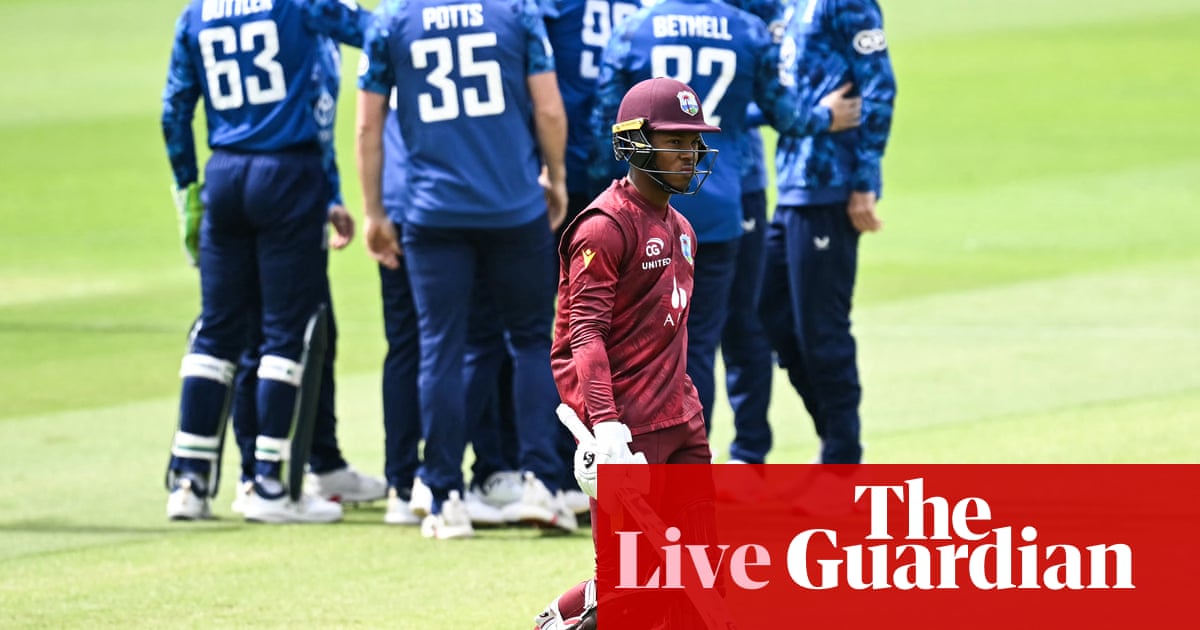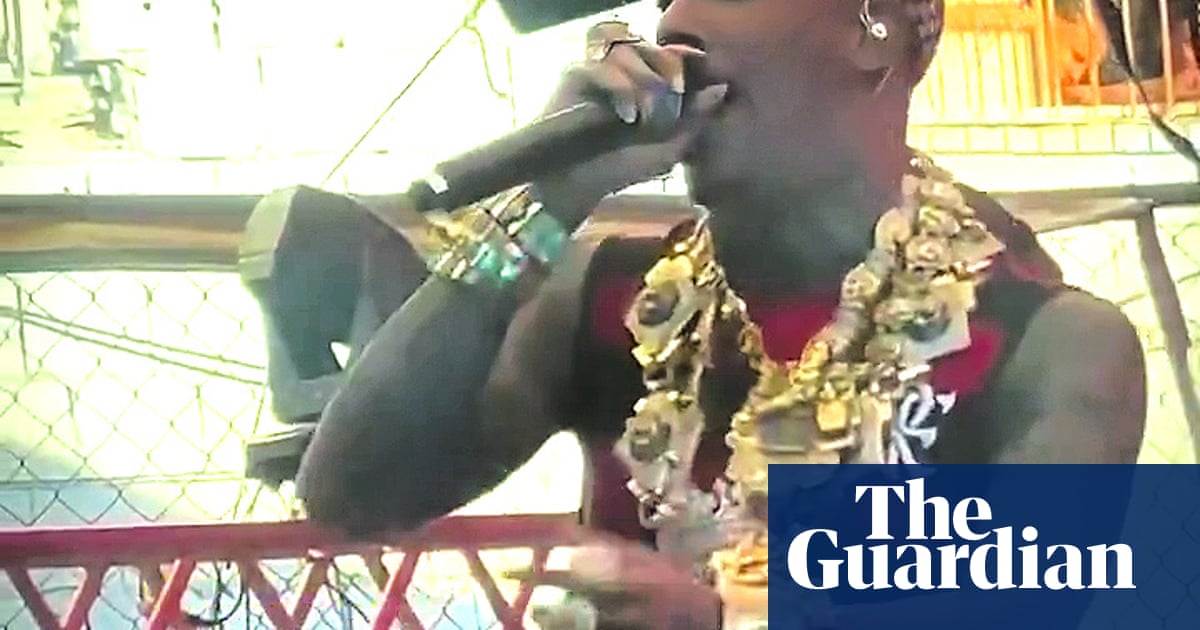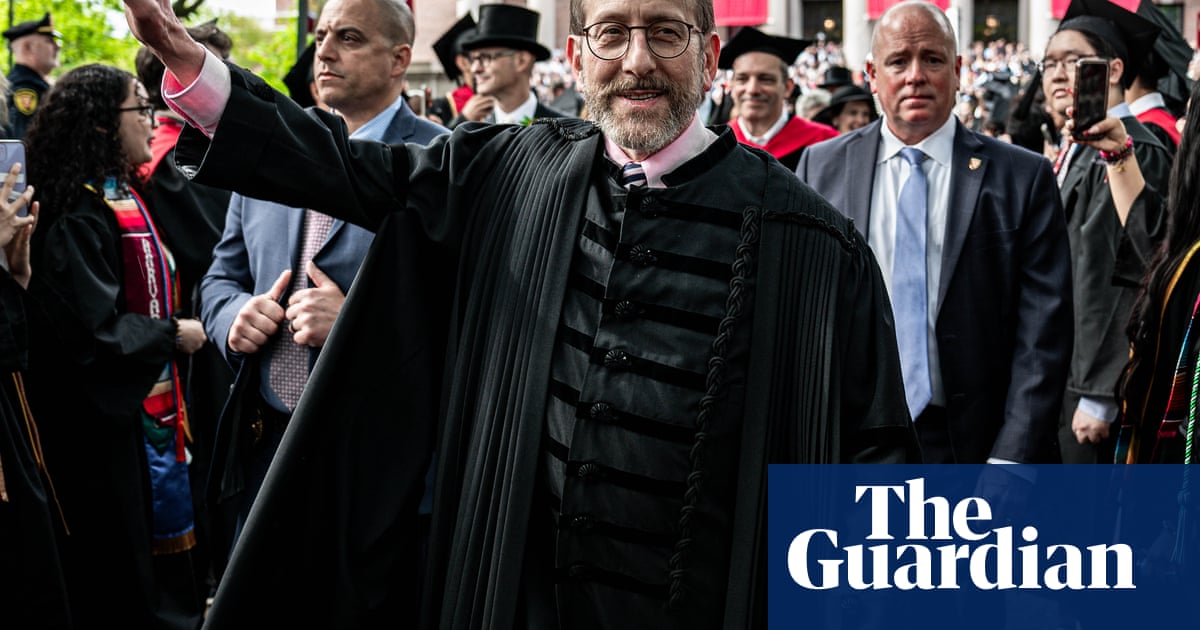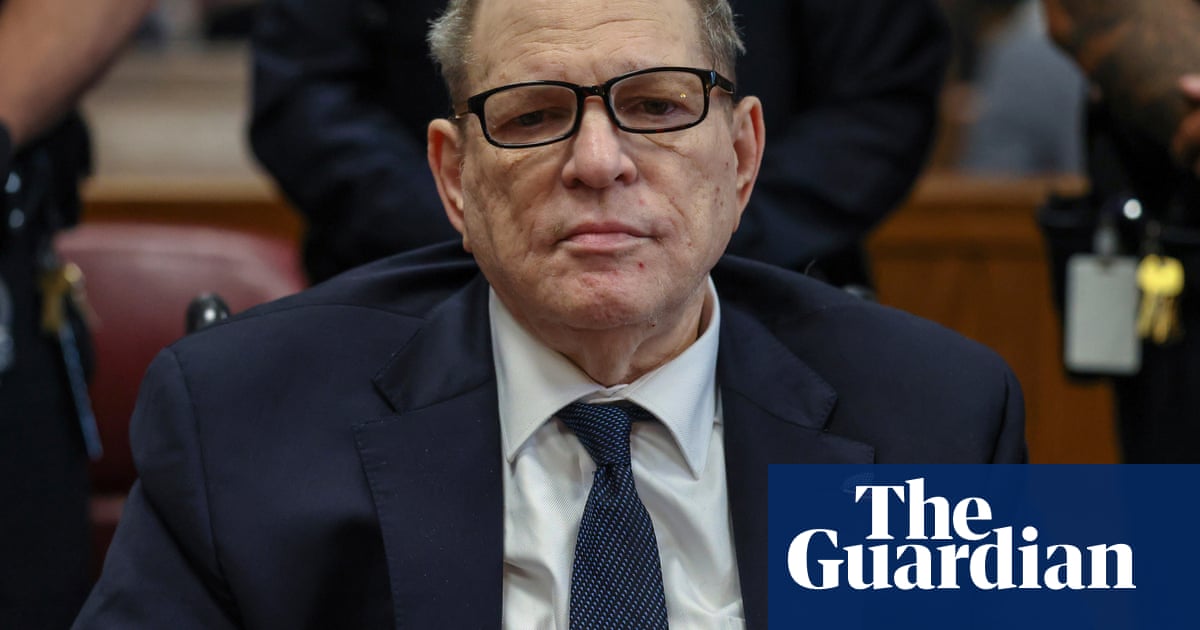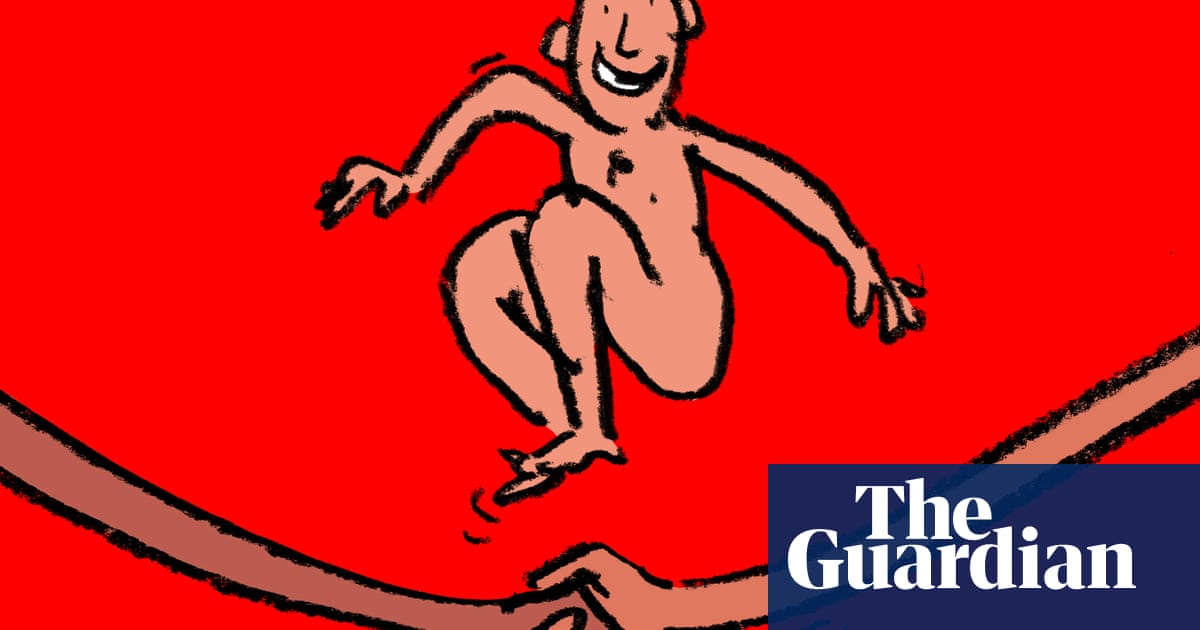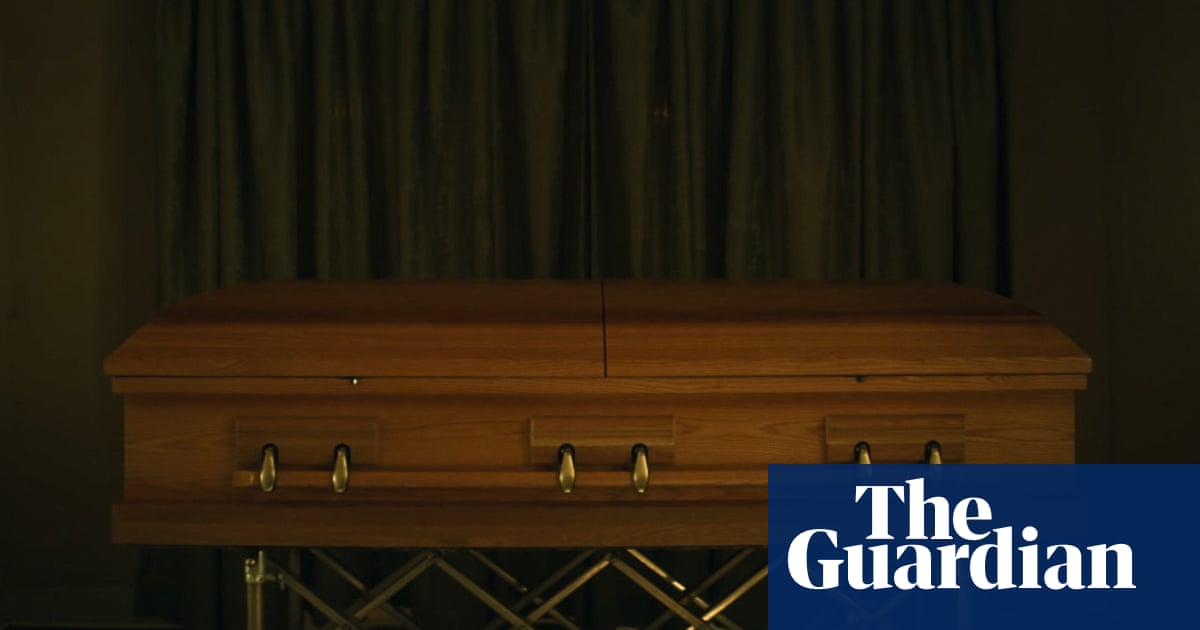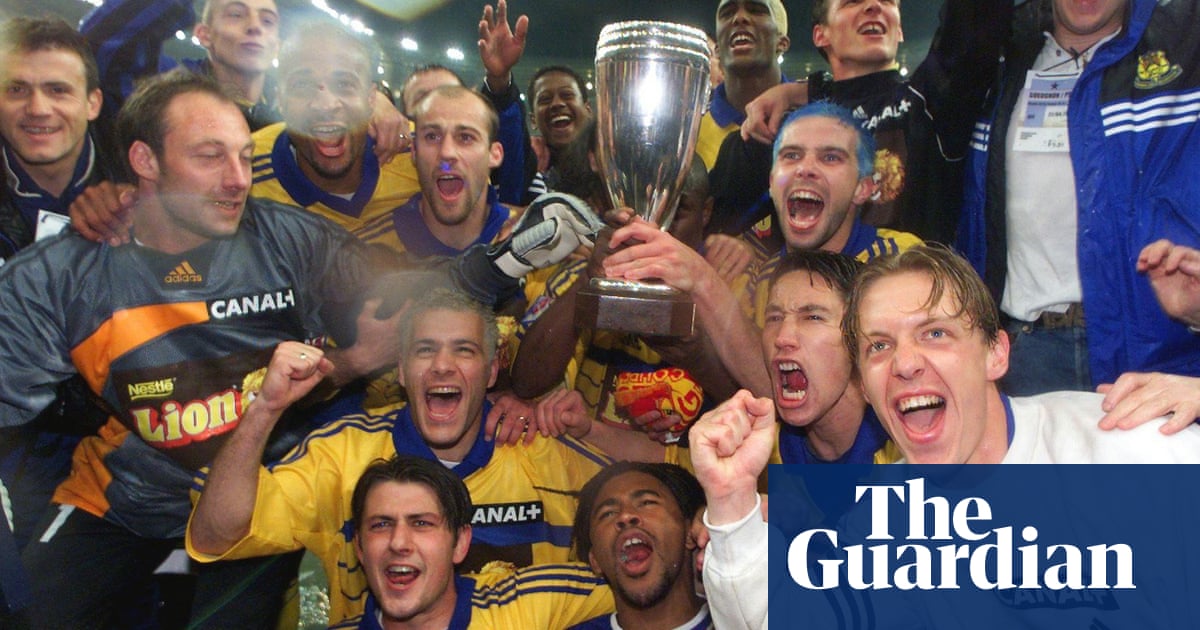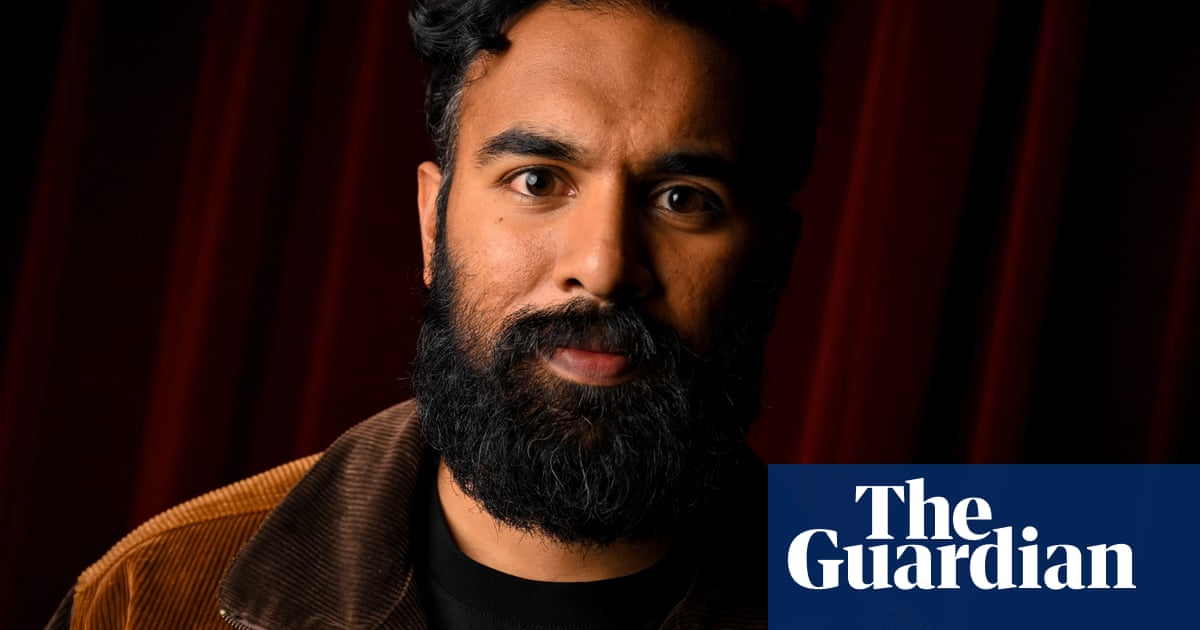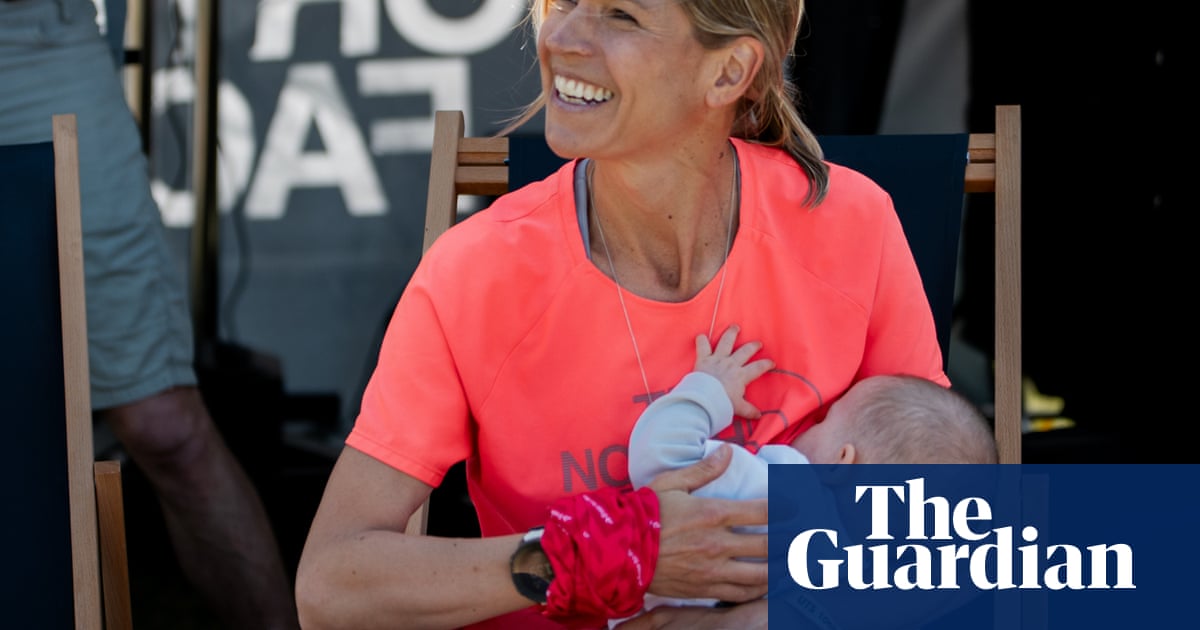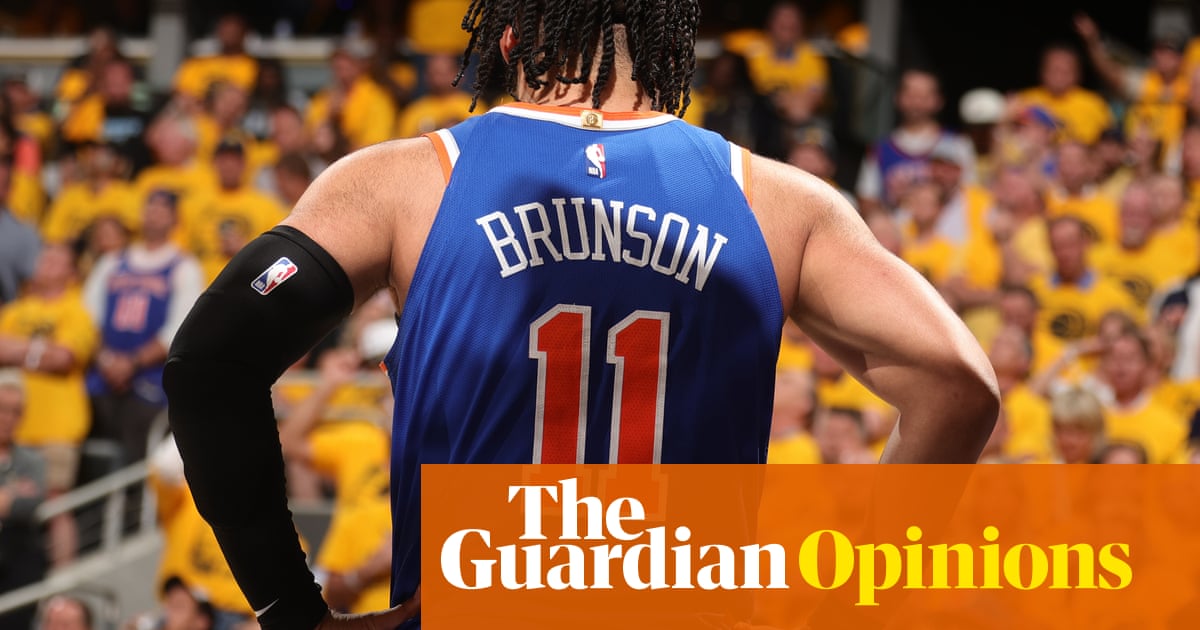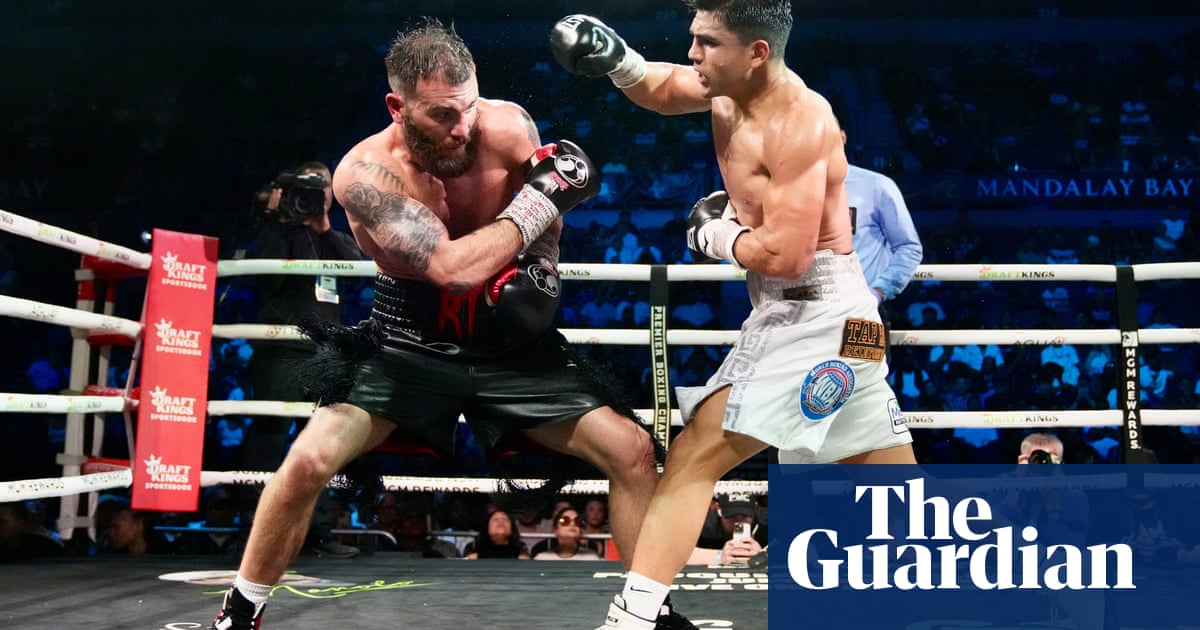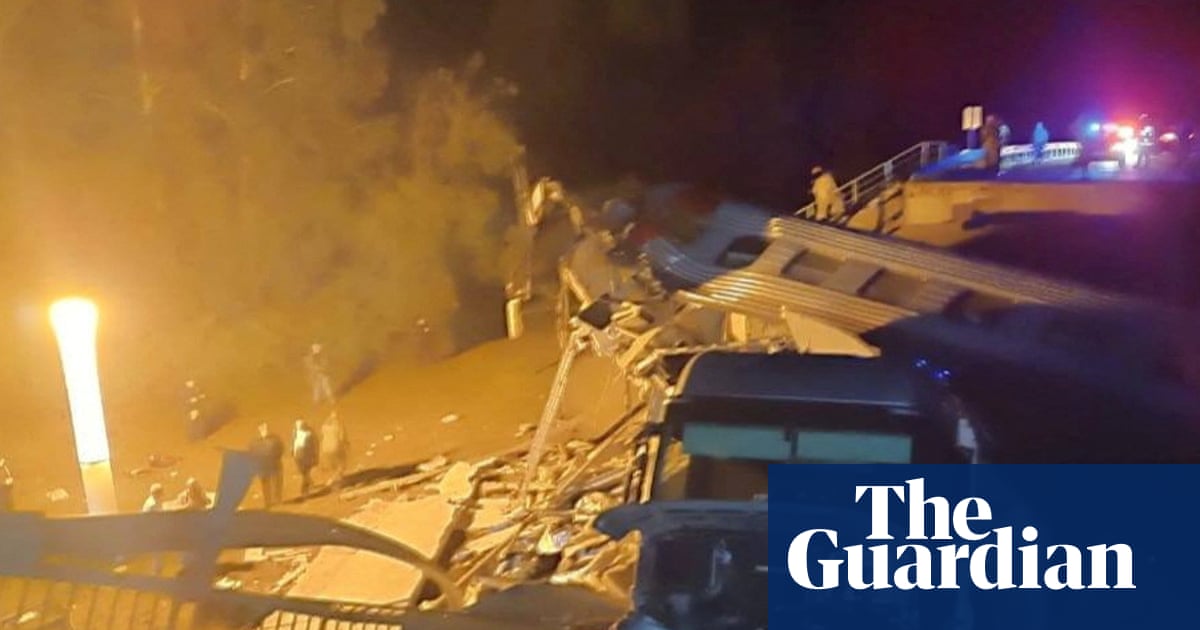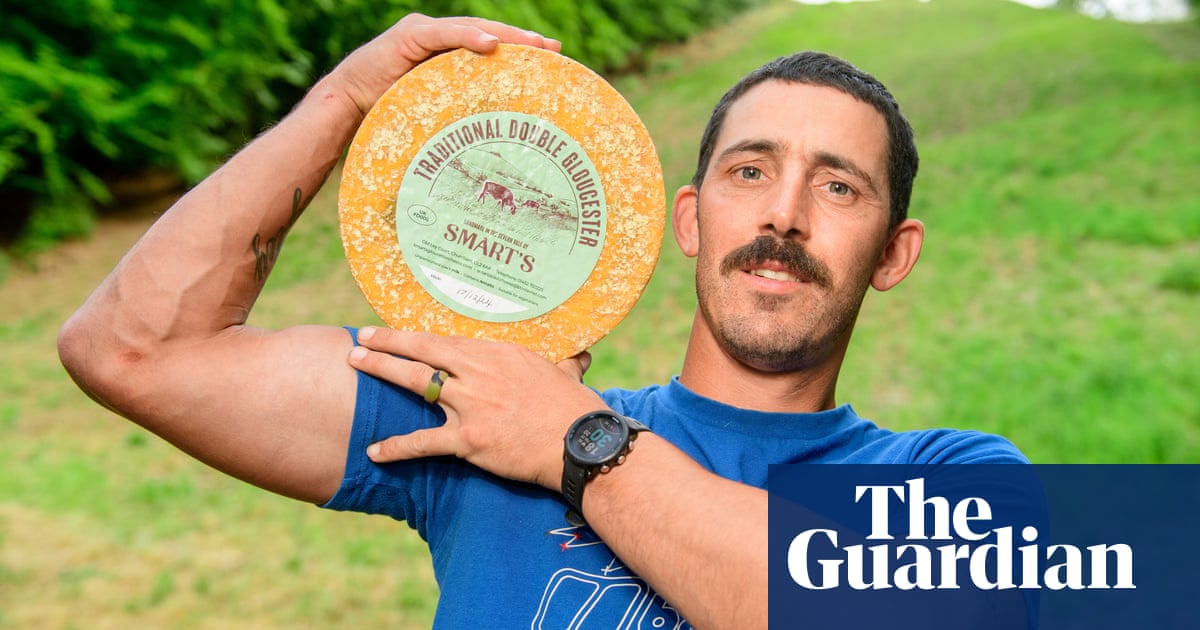Bernard MacMahon says he knew he was taking a massive risk. The Irish-British film-maker and his Scottish partner Allison McGourty had spent 10 months researching a film about that massively successful but elusive rock band Led Zeppelin. They put together a storyboard, listened to every interview they could find, and started to dig out archive film to tell the story of the band’s early years in the late 60s.
That was when Jimmy Page, a successful session guitarist, joined the Yardbirds, then wanted to create a band of his own. He signed up John Paul Jones, another virtuoso session star, and two little-known West Midlands musicians: the wildly inventive drummer John Bonham, and singer Robert Plant. Overlooked in Britain, Led Zeppelin found fame in America, where they were attacked in the music press but became celebrities through their live shows, without the help of the media.
The film-makers’ research was funded, says MacMahon, on the understanding that “it was incredibly likely that once I put in a phone call, the group might say they were not interested. There was every chance we would not even get a meeting.” After all, Led Zeppelin had always refused most interviews or TV appearances – let alone an authorised film biography in which the three surviving members would appear.
But Page did agree to a meeting, at a hotel in London in November 2017, to which he arrived carrying Waitrose shopping bags. “I wondered if he had brought sandwiches,” says MacMahon, who took out a leather-bound book with the storyboard – “pictures but no words” – and started talking through it. When he got to the part of the story where Page first meets Plant, the guitarist asked which band he was then in. “Hobbstweedle,” was the answer. “Very good,” said Page. “Carry on.”
Later he queried a date with MacMahon, “and opened the shopping bags to show he had brought his old diaries, dating back to the 60s”. After seven hours “with a break for afternoon tea”, Page said: “I’m in – but you have to get the others on board.”
A few days later he rang MacMahon and asked “would you like to go to Pangbourne with me?”, then accompanied the film-makers to see the boathouse where he once lived, where the band had rehearsed. “Later,” says McGourty, “he revealed it had been a test. ‘If you had said no to Pangbourne we wouldn’t have done the film.’”
Next to be approached was bass and keyboard player John Paul Jones, who said he was “not interested in a documentary”. So MacMahon sent him a copy of American Epic, the duo’s documentary series about the impact of the first-ever recordings of blues, country, cajun and Mexican musicians back in the 1920s, which Robert Redford, who narrated it, called “America’s greatest untold story”. MacMahon asked Jones to “watch 15 minutes, and if you don’t want to talk to us after that, you won’t hear from us again and that will be the end of the film”. Jones rang back, they had a four-hour chat, and he too was in.

So that left Plant, who seemed the least likely to talk – partly because he was enjoying a successful, varied career and because Zeppelin had ended tragically, with the death of Bonham in 1980. But he was a fan of American Epic, as he told MacMahon and McGourty when they met him at a concert in Scotland. After two more meetings, he agreed to talk back in Birmingham.
His interview is delightfully candid. He describes how he became a musician in defiance of his parents, who wanted him to be a chartered accountant, and how in his struggling early years he would siphon petrol from other peoples’ cars.
Bonham also appears in the film – in voice if not vision. MacMahon had heard a “bad quality bootleg” of an interview he had given in Australia, but had no idea where it came from. But after lengthy research, and the perseverance of an archivist, it was found in a pile of uncatalogued radio tapes. Bonham plays a crucial role in the film “because he acts as a narrator. His interviews were recorded just after things had happened. Jimmy said in some ways he’s the star of the film because he’s in the moment.”
To keep the three surviving band members in the moment as well, MacMahon says: “We had memorabilia in the room when we were doing the interviews, constantly showing them clips and photographs, old newspapers, ticket stubs … anything we could think of that would be entertaining. In the film we show Jimmy looking at footage of the Bath festival he hadn’t seen before. That’s why for me it’s like a feature film … they are walking you through the story, as they hit each new obstacle … they are reliving it”.
MacMahon says that once the band had agreed to the film, they never interfered or demanded any editorial control. But he wanted to “make sure what they were saying was backed up by their contemporaries”, so after Jones had talked about buying an organ for a church and becoming a choir master at the age of 14, he tracked down the priest involved. And when Page talked about playing on Goldfinger, MacMahon tracked down Vic Flick, the James Bond theme guitarist.

The interviews were conducted in 2018, after which the duo worked on sourcing the music that makes up much of the film – either from early Zeppelin themselves, or musicians who influenced them or that they had worked with. Searching out rare archive recordings they were introduced to Sam Rapallo, who runs the band’s website, and entered “the mysterious world of Led Zeppelin collecting. The band are very publicity shy, and fans often mirror the personality of a group.”
McGourty travelled across America and Britain, finding high quality film of Dazed and Confused in an attic in the New Forest, and of I Can’t Quit You Baby in an Oxfordshire village. They searched out original negatives or tapes to get the best sound, and when taking sound from an album they used “the very best lacquers, to make you feel you were there”. Unlike in most music documentaries, many of the songs are played in full, “because they are meant to be heard that way”.
The film ends with What Is and What Should Never Be, filmed at Zeppelin’s headlining show at the Royal Albert Hall, London, in 1970. It is a triumphant finale that leaves out what was to follow – the exploration of more acoustic styles, Page’s fascination with Aleister Crowley and the occult, the decade of massive financial success, the stories of sex, drugs and rock’n’roll excess … and even Stairway to Heaven. So why stop there?
“Because I always felt this was a self-contained story,” says MacMahon. “In January 1970 they have become the most popular band in north America and now return to Britain. In that closing song the audience now accept them as returning heroes. All the band’s families are there and this is the coming together of their childhood story.”
True to form, the three surviving members will not be appearing on TV or giving interviews to promote Becoming Led Zeppelin. But they have issued quotes. Page says “the energy of the story and power of the music is phenomenal”, while for Plant, “American Epic inspired me to contribute to … a remarkable journey into the heart of the whirlwind.”

 3 months ago
57
3 months ago
57
